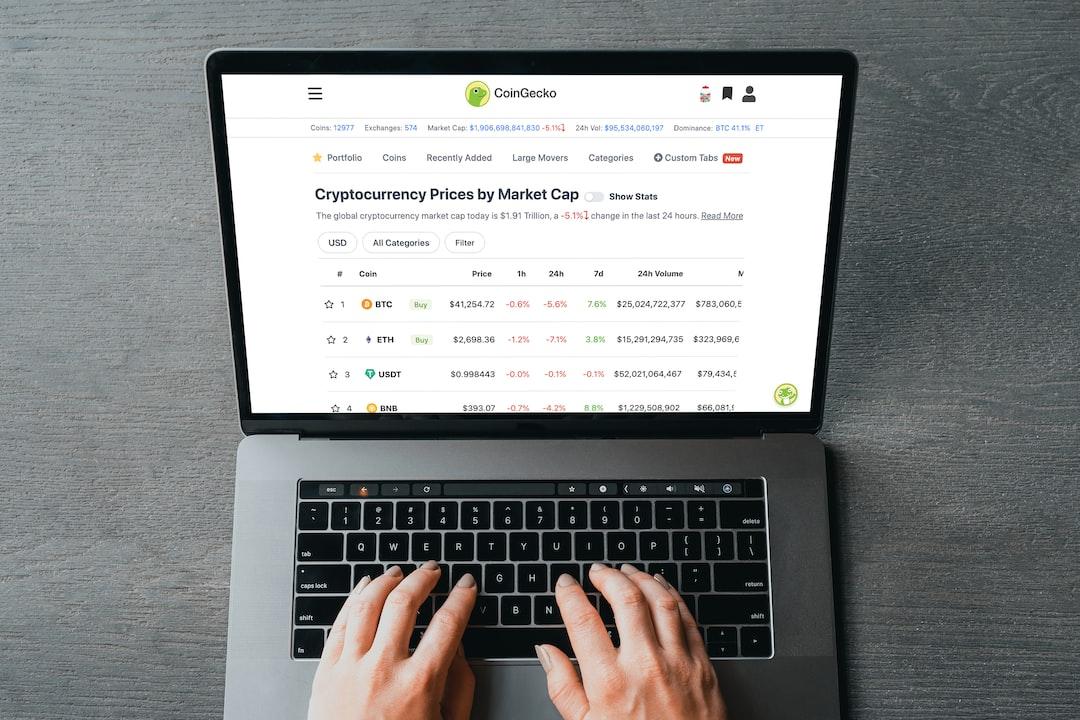Staying Secure: 5 Guidelines for Creating Strong Passwords
Note: The subsequent article is part of Cryptonews Deals Series and was composed as a promotional piece in collaboration with the sponsor of this offer. If your company has an exclusive promotion that you would like to share with our readers, we encourage you to contact us. Let’s collaborate together.

The term “crypto” is derived from “cryptography,” and anything associated with encryption should inherently be secure, right?
Wrong. While cryptocurrencies may be impervious to hacking, crypto wallets do not possess the same level of protection. Whether you store your coins on an exchange or in a non-custodial wallet, the safety of your assets relies on ordinary security measures. If these measures fall short, your journey to financial success will come to an unfortunate end — without your keys, you won’t have access to your coins.
The security of your crypto wallet begins with a strong password. In this article, we will guide you through six simple rules for creating a robust password for your coins.
1. Avoid password reuse
Every website requires you to create an account, and each account necessitates a password. Over time, the number of login credentials can become overwhelming, and the temptation to simplify things may arise. Why not use a single, extremely strong password for all of your accounts?
Resist this temptation. Reusing passwords puts all of your eggs in one basket. If a vulnerable website experiences a data breach, your entire digital empire is at risk. Once hackers obtain a set of credentials, they will test the username/password combination across various platforms, including email services, social media, and, of course, crypto wallets.
Do you really want to jeopardize thousands of dollars in cryptocurrency for the sake of convenience on Facebook?
2. Simplicity is not ideal
If each account requires a unique password, why not keep things simple? It would be much easier to remember multiple passwords if they consist of common words, popular phrases, or personal references.
However, simple passwords are also easily guessed. Hackers will attempt a dictionary attack on your crypto wallet, using supercomputers to try thousands of popular names, words, and phrases. Faced with this onslaught, a simple password will be cracked in milliseconds.
The same goes for personal information. Avoid creating passwords based on pet names, significant dates, or inside jokes — this information is not as private as you may think. Hackers will meticulously scour your social media profiles, forum posts, and even government registries for clues to crack open your crypto wallet.
To safeguard your crypto assets, take a cue from cryptography. Just like encrypted data, the best passwords are seemingly nonsensical combinations of characters. Create a password using random characters for optimal security.
3. Embrace complexity
So, it must be unique and random. But can’t we limit ourselves to the bottom half of the keyboard? Surely that level of randomness is enough to thwart any hacking attempt.
Oh, how naive. Your crypto assets are a highly desirable prize. If the dictionary attack fails, hackers will resort to the next phase: a simple, brute force attack. They will systematically test each possible symbol until your crypto wallet is unlocked.
Let’s put things into perspective. An eight-character password composed solely of lowercase letters has nearly 209 billion combinations. That’s more passwords than a human being could guess in a lifetime. However, a computer running optimized brute force algorithms could crack it in less than a second.
By incorporating more character possibilities, the time required to brute force your crypto wallet increases exponentially. Adding uppercase letters, numbers, and special symbols to that same eight-character password transforms it from being cracked in milliseconds to enduring hours of sustained assault.
4. The more, the better
Similar to the average Reddit post, your password is now filled with random capitalization, misplaced symbols, and seemingly arbitrary numbers. However, if you don’t want the difference between “funds are SAFU” and “SFYL” to be a single all-nighter, you need to think bigger.
In other words, you need a longer password.
The number of possible combinations is what matters. In our previous example, an eight-character password with lowercase and uppercase letters, numbers, and special symbols would withstand a high-power offline cracking computer for approximately eight hours. However, adding just one more character would extend the time required to crack your crypto wallet to three weeks.
Truly strong passwords consist of at least twelve characters. With this many possible combinations, even supercomputers would need an average of 34,000 years to breach your account. By that time, your coins will have already soared to the moon.
5. Utilize a password manager
At this point, you may be wondering how to remember this seemingly random mishmash, let alone use it daily to access your funds. Here’s the best part — you don’t have to.
There is a much simpler way to generate strong passwords for any account, including your crypto wallet.
NordPass, a free password manager developed by Nord Security, the creators of NordVPN, has the solution. This free app allows you to generate, save, and automatically fill in strong passwords on the go. Additionally, it enables you to store sensitive notes and credit card details securely. All of your credentials are stored in your private NordPass vault, protected by unbreakable xChaCha20 encryption.
And the best part? As a crypto enthusiast, you’ll appreciate that NordPass operates on zero-knowledge architecture, meaning even NordPass technicians cannot access the contents of your vault. No peeking!
Special Deal: NordVPN’s 2-year and 1-year Standard, Plus, and Complete plans include 3 months free!

Follow Us on Google News


